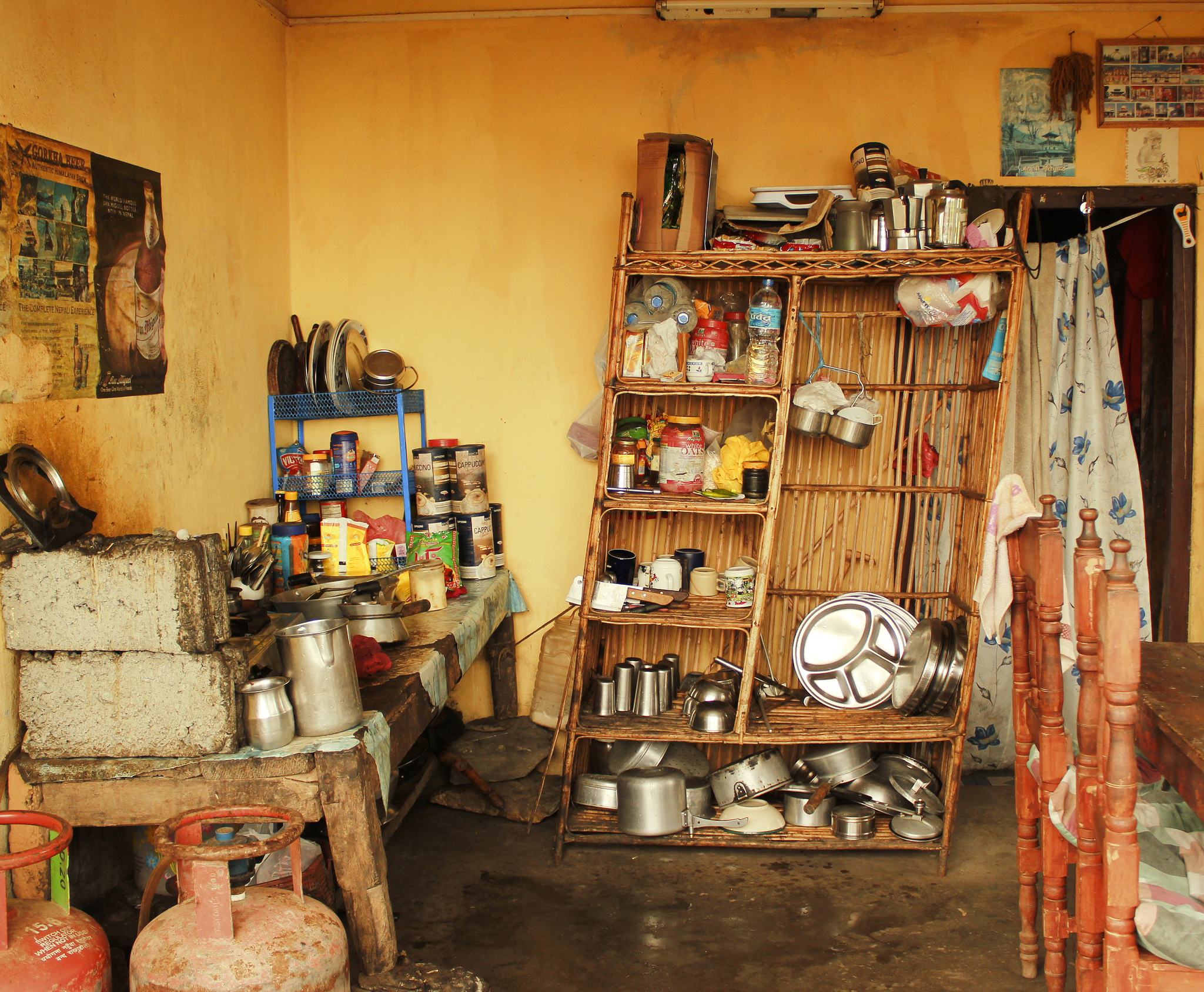
Interventions in health frequently focus on one particular disease, condition or risk factor. Such a narrow approach can miss important influences and may lead to unintended consequences as wider relationships are not considered. In contrast, rather than narrowing in on one health issue, this proposal takes the kitchen as the focus of study and future interventions.
The kitchen, which in South Asia is often the hidden domain of women and children, is the epicentre of activities which can either enhance or undermine health.
Within the context of rapid and uncontrolled urbanisation, the activities in the kitchen and the risks they may lead to are changing, as is the resultant disease pattern.
Ultimately this programme aims to identify and find funding for holistic interventions focused on the kitchen. This programme brings together a truly multidisciplinary team, both in terms of topics: lung health, smoking and indoor air pollution, NCDs and burns, and methodology: epidemiologists, anthropologists and sociologists. The programme includes primary research with urban poor families in Kathmandu, the identification of kitchen-based interventions through evidence review and the participation of poor urban women and space for the interdisciplinary team to develop publications and proposal for future funding.
While the initial focus will be Nepal, the aim is to extend this programme across South Asia and to seek engagement from other WUN universities with interests in this area.
Objectives
- To explore practices in, and the symbolic importance of, kitchens in slum areas in Kathmandu, in particular the wider gender, caste and socio-economic influences.
- To identify trends in lung health, NCD, burn injury, skin and gastrointestinal disease in relation to weather conditions, fuel/power availability and increasing urbanisation.
- To synthesise existing evidence on kitchen related risk factors, their wider determinants and the associations with NCDs, burn injury, skin, gastrointestinal and lung health disease among the urban poor in South Asia.
- To identify kitchen-focused interventions to reduce the risks of NCDs, burn injury, skin, gastrointestinal and lung health disease among the urban poor in South Asia.
Current work of the Healthy Kitchens team is focused on exploring the viability of childcare in urban slums to reduce public health risks due to challenges of child supervision in slum contexts, and to trigger health, education and wider social and economic gains.
Selected outcomes
- GCRF MRC grant, Surveys for Urban Equity: getting, and using, the data needed to respond to neglected non-communicable diseases in urban areas in LMICs, £600K, March 2017 – March 2019
- MRC Public Health Intervention Development Scheme (PHIND) grant, £150K, 2017-2019
- Link with WHO South Asia regional office to assess inequities in urban areas in Bangladesh and Nepal to feed into WHO’s Urban HEART process in each country
- Urban Health – Reading Packs for DfID
- Paper published in PLOS ONE Journal – Public Health Risks in Urban Slums: Findings of the Qualitative ‘Healthy Kitchens: Healthy Cities’ Study in Kathmandu, Nepal, 2016
- Paper published in Thorax – Supporting the urban poor to quit tobacco: adding years to lives, 2016
- Health Systems Global – a participatory workshop session themed ‘SDG and Multisectoral Action’ – “Meeting SDG 11: Stimulating multi-sectoral responses to create an urban health system able to improve health and social outcomes for, and with, the urban poor.” – 22-26th October 2018, Liverpool
- Urban Childcare workshop in Dhaka, Bangladesh, March 2016
- Early Childhood Development in Challenging Contexts workshop, Leeds, December 2016
- Special Session on Urban Health Inequities in Dhaka, March 2015
- Held a Healthy Kitchens workshop in Kathmandu, December 2013.
